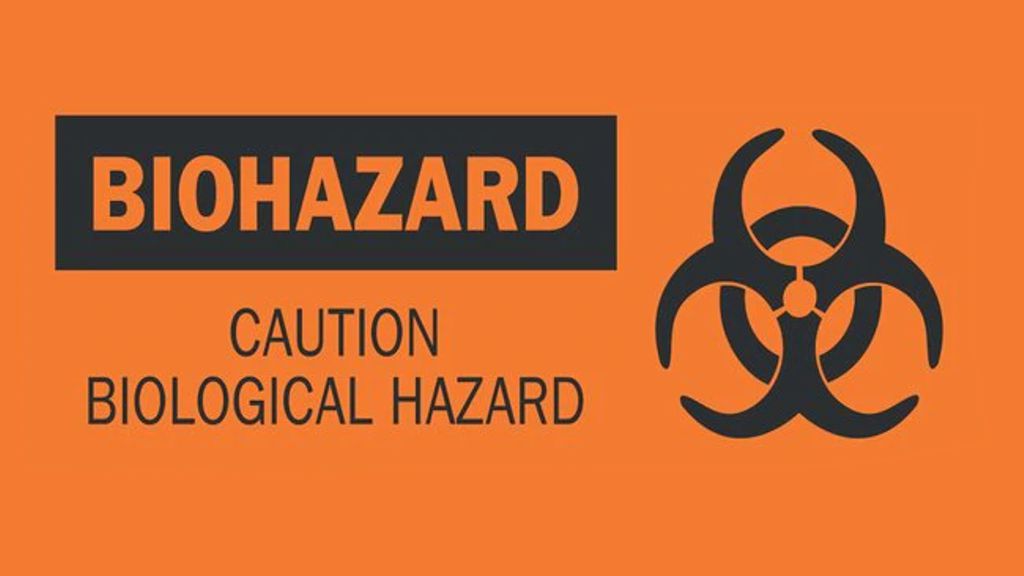The Center for Immigration Studies hosted a virtual panel discussion Monday, April 13, at 1 p.m. on U.S. Immigration and Customs Enforcement (ICE) detention and whether the institutional conditions of detention centers necessitate the release of immigrant detainees due to the coronavirus and the safety, and legal implications of releases.
Panel Video (Watch Above)
Bristol County Sheriff’s Office Prisoner Release Alert System
Sheriff Thomas Hodgson’s Letter to Senator Elizabeth Warren
Center experts were joined by Bristol County (Mass.) Sheriff Thomas Hodgson, who has been forced by a federal judge to release 45 detainees from the Bristol House of Correction; releases are to continue on a rolling basis.
Panelists discussed the ICE Performance-Based National Detention Standards (PBNDS), revised in December 2016, and explore if facilities are set-up to deal with communicable diseases and medical emergencies. They will try to answer the question: Which scenario – release or continued detention – is the more responsible policy, for the individual detainee and for the American public?
When: Monday, April 13, 1:00pm
Questions: Questions were sent prior or during the event to mrt@cis.org or on twitter to @CIS_org.
Sheriff Hodgson said, “Ironically, of my 850 detainees/inmates, we have had no COVID 19 cases since the pandemic began and this Judge is releasing these detainees under a ‘humanitarian’ claim. I can think of nothing more inhumane than letting dangerous people wander around our neighborhoods, based on a claim that maybe, just maybe they could contract COVID 19 in the detention center.”
“Detainees deserve to be housed in safe, healthy facilities. But policymakers must compare their situation in the facility to their safety outside of the facility, and the availability of treatment inside to that outside of the facility,” said Andrew Arthur, the Center’s resident fellow in law and policy and former immigration judge in a detention facility. “And, who should be making these decisions? What if a single judge says to empty the jails and detention centers completely? Judges should not be controlling policy, in this manner.”
Dan Cadman, a Center fellow and retired INS/ICE official, said, “Policymakers must also remember that detention often serves public safety, because most of the aliens taken into detention are convicted criminals. Once released, most of these individuals will re-offend.”
About Center for Immigration Studies
The Center for Immigration Studies is an independent, non-partisan, non-profit, research organization. Since our founding in 1985 by Otis Graham Jr., who pursue a single mission – providing immigration policymakers, the academic community, news media, and concerned citizens with reliable information about the social, economic, environmental, security, and fiscal consequences of legal and illegal immigration into the United States. The Centers staff has testified before Congress over 130 times.
The Center for Immigration Studies are the nation’s only think tank devoted exclusively to the research of U.S. immigration policy to inform policymakers and the public about immigration’s far-reaching impact. The Center is animated by a unique pro-immigrant, low-immigration vision which seeks fewer immigrants but a warmer welcome for those admitted.








